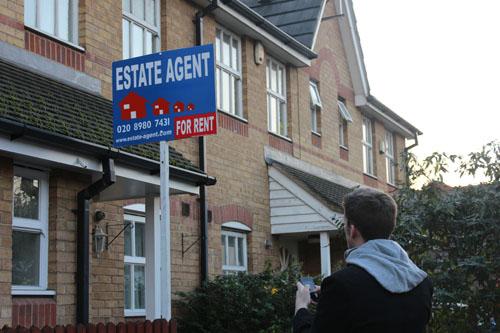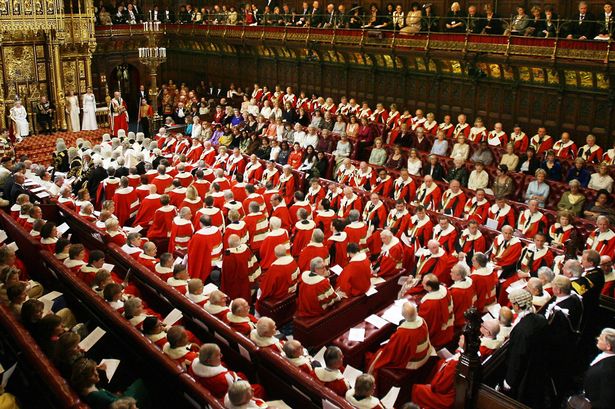
New research has shown that 93% of local authorities have failed to issue financial penalties against landlords and letting agents for failing to disclose lettings fees.
Despite the introduction of the requirement for letting agents to publicize fees in May 2015, only three penalty notices have been issued by councils against letting agents. Even more astoundingly only one of the penalties has been paid in full.
The survey of council enforcement of letting agent fee rules was carried out by London Property Licensing on behalf of the National Approved Letting Scheme (NALS).
Under the Consumer Rights Act 2015, letting agents must prominently display a list of their fees at each of their offices as well as on their website.
Almost two thirds of councils surveyed admitted they do not consider enforcement of letting agent fee rules as a high priority and 45% of councils said they only undertake reactive enforcement measures.
Lack of resources is the biggest problem cited by local authorities for their failure to enforce letting agency fee rules. Thirty-three percent of councils said they had allocated no staffing resources to this work in 2016/17. A further 62% said they do not anticipate any change in the level of staffing they can allocate to enforcement in 2017/18.
Letting fee ban
NALS says it is concerned about the disconnect between the government’s aspirations and the reality of delivery of enforcement. This is likely to deteriorate further with the introduction of bans on letting agent fees charged to tenants announced in the Chancellor’s Autumn Statement.
Sixty-four percent of councils surveyed said they are yet to assess the likely impact on enforcement when the proposed ban on up-front letting agent fees charged to tenants is introduced.
Isobel Thomson, NALS chief executive, asks: “We recognise Trading Standards teams are underfunded and under-resourced, but if local authorities aren’t enforcing the current legislation what will make things different when the fee ban is implemented?”
“Without sufficient robust and coherent enforcement action, we will never stop the criminal element in the PRS,” she says.
“They will continue to operate knowing they won’t face any penalty and it’s the consumer who will continue to suffer. We believe now is the time to start a constructive dialogue with the Chartered Trading Standards Institute and its members on how we can work together to stamp out the rogues.”
Leon Livermore, chief executive of the Chartered Trading Standards Institute (CTSI), adds: “[We] welcome the research produced by NALS and believe that it highlights the issues of the robust enforcement needed for existing regulation that can deliver for the consumer.”
“We look forward to further engagement with NALS.”
CTSI has sent open letters to the political parties underlining that it believes that the current model of trading standards is ‘broken’ and needs to be fixed.
The group claims that under-resourcing and a postcode lottery for protection, alongside a vast remit, means that the model of 192 separate services needs to be changed.
The Renters Alliance helps renters with bad landlords and letting agents. If you have a story you would like to share, please contact the National Renters Alliance through our website or email us at contact@nralliance.co.uk
Full list of local authorities surveyed: Buckinghamshire, Cornwall, Cumbria, Devon & Somerset, East Sussex, Hertfordshire, Lancashire, North Yorkshire, Nottinghamshire, Suffolk, Warwickshire, Worcestershire, Bolton, Manchester, Oldham, Stockport, Trafford, St Helens, Wirral, Barnsley, Rotherham, Sunderland, South Tyneside, Wolverhampton, Sandwell, Walsall, West Yorkshire Joint Services (includes Calderdale), Barnet, Brent, Croydon, Kensington & Chelsea, Richmond upon Thames, Redbridge, Southwark, Bath & North East Somerset, Brighton & Hove, Durham, Herefordshire, Middlesbrough, Nottingham, Redcar & Cleveland and South Gloucestershire.
No response received from: Bexley, Birmingham, Gloucestershire, Lincolnshire, Liverpool, Torbay and Wokingham.






